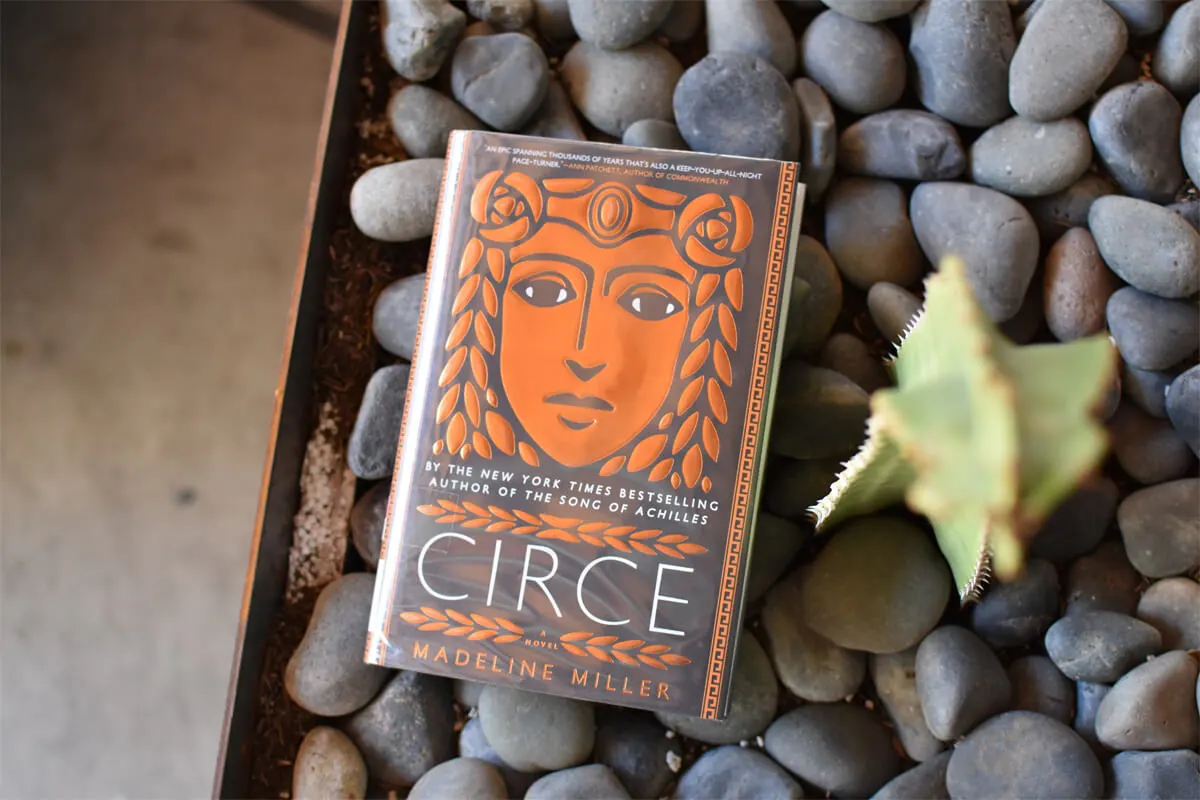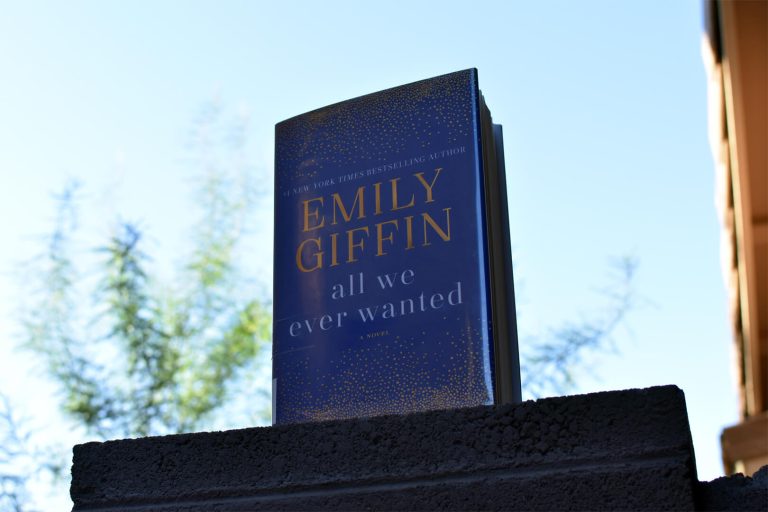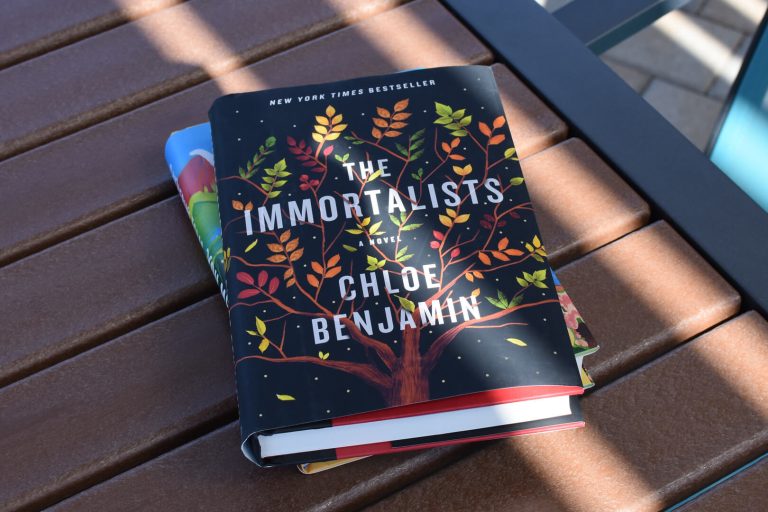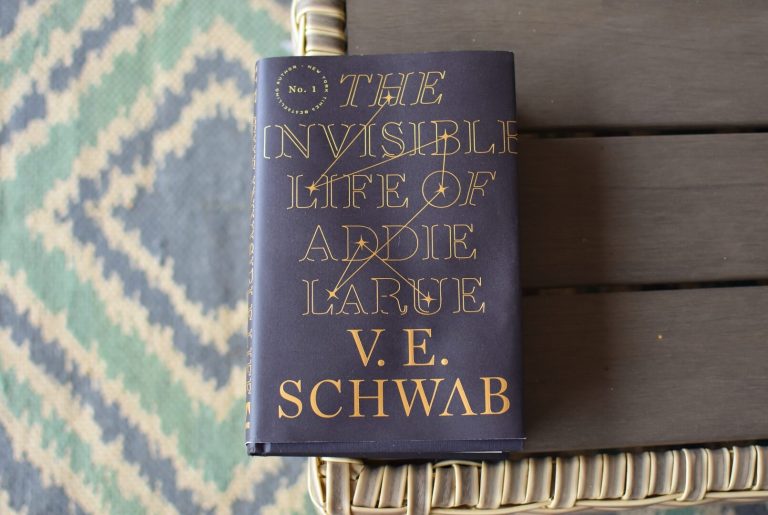Some of my favorite classes in both high school and college centered on Greek mythology. The ancient Greek myths are full of legendary storytelling with a huge influence on Western storytelling. But it’s been a while since I’ve re-read any of the stories, until Circe by Madeline Miller came along.
Circe is best known as as turning Odysseus’ men into pigs in Homer’s The Odyssey. In that story after he challenges her, she takes him as a lover, allowing him and his men to stay with her and aiding them when they depart. Her story reportedly inspired writers such as Ovid, James Joyce, Eudora Welty and Margaret Atwood.
Miller says in an interview with The New York Times that since epics have traditionally been male, she wanted a female perspective. Circe had previously been seen as the “embodiment of male anxiety about female power.” Miller reimagines Circe’s story and gives her a full arc that changes the perspective. And you might have a new favorite goddess after reading this retelling of a classic story.
The novel starts out with the birth of Circe, she is the daughter of Helios the god of sun and the mightiest of Titans. But since Circe is not powerful like her father or as ‘beautiful’ as her nymph mother, she’s cast aside and the subject of ridicule by her relatives. I felt for her at the beginning as she was bullied at every turn. When she eventually finds her own power — witchcraft — instead of being welcomed by her family, she is instead feared. Zeus eventually banishes her to the deserted island of Aiaia. This is where the story really takes off.
Mythical island of Aiaia
Circe fine-turns her powers while on Aiaia and even though it seems like she’s destined for a lonely life that is not the case. There are appearance by Hermes, the messenger of the Gods, Minotaur, Daedalus and his doomed son Icarus and Circe’s niece, the murderous Medea. Circe gets stronger with both her powers and mentally with every encounter.
Of course, it’s all leading up to Odysseus. Miller takes a different approach with Odysseus and he’s much more complicated in this novel and not as heroic. Still, Circe does fall for him. But not in the way that is portrayed in The Odyssey, the helpless goddess witch falling in love with the ‘strong’ man. I enjoy the scene where Circe paints her perspective:
”I was not surprised by the portrait of myself,” Circe says. “The proud witch undone before the hero’s sword, kneeling and begging for mercy. Humbling women seems to me a chief pastime for poets. As if there can be no story unless we crawl and weep.”
After Odysseus and his men eventually leave, there’s still quite a bit of the novel left. I definitely was surprised at some new developments in the book, however, I’m going to keep this review spoiler free. But I will say, it’s such a satisfying conclusion.
The character of Circe
I really like Miller’s depiction of Circe. She’s a powerful goddess witch but she’s also kind, intelligent, clever and not without empathy. Some of the best parts of the book is when Circe finds her inner strength and bypasses any notion that women must be delicate. Let’s not forget that women aren’t viewed as equals to men in many of the Greek mythology stories and in some stories are blamed for the downfall of men (Helen of Troy, Pandora). But not with this version of Circe. She completely comes into her own.
Themes
A big theme of the book is a woman trying to find her place in a man’s world. There’s also a focus on the abuse of power as she learns how dangerous it can be. There’s also regret and facing one’s choices in life and the road it takes one on. I think too that human compassion, which is interesting since this story is about a goddess, is also a defining theme.





